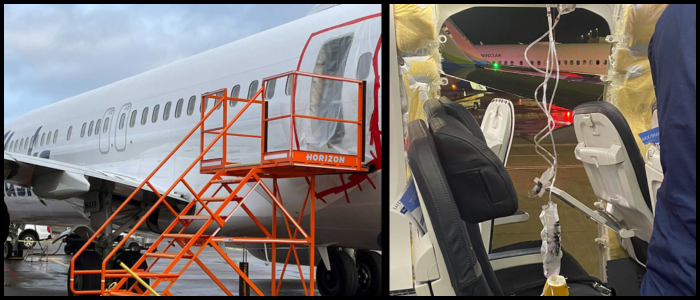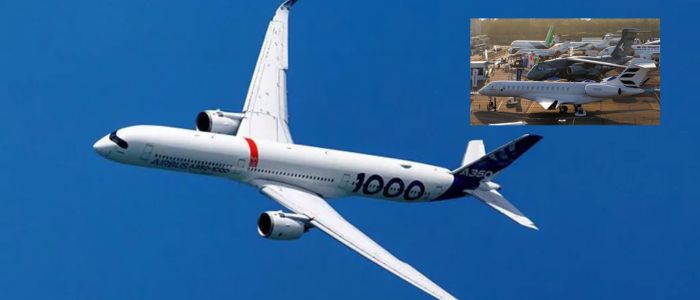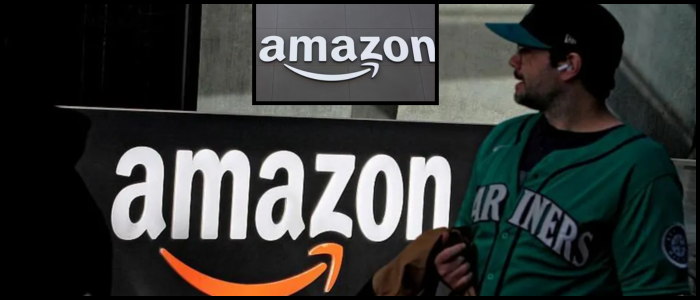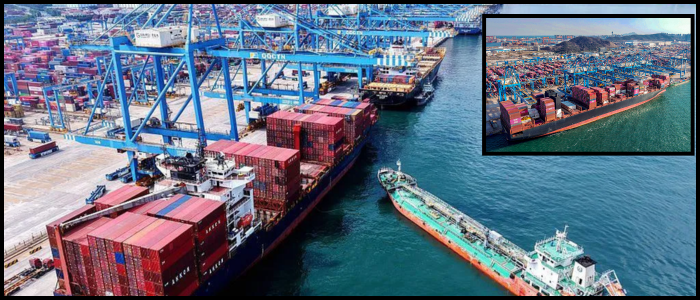The accident was "entirely avoidable," said NTSB Chair Jennifer Homendy, pointing to Boeing's lack of action to correct long-standing and ongoing systemic failures around unauthorized production practices previously reported to the company internally now for more than a decade. The board said four crucial bolts were never attached to the affected aircraft, a gap that could have had fatal consequences.
"It is nothing short of a miracle that no one died or was seriously injured in this incident," Homendy said. The N.T.S.B. also said Boeing had no records of removing and reinstalling the door plug and was unable to determine the identity of the workers who had done so.
Criminal Investigation and Leadership Shake-Up
The episode prompted the US Department of Justice to say that Boeing had breached the terms of a deferred prosecution agreement in 2021. It resulted in a criminal investigation. The following year, CEO Dave Calhoun laid out plans to leave. It now has a new CEO, Kelly Ortberg, and Homendy said she recognizes he has his work cut out for him in Google's efforts to get to a safer place both for flyers and for employees.
In response, Boeing said it regretted the incident and promised to enhance safety and quality. It is working on a design fix that can block the door plug from closing unless it's fully locked.
For its part, the F.A.A. acknowledged that it had adopted a "hands-off" approach, and has since increased surveillance of Boeing and its leading supplier, Spirit AeroSystems. The agency limited to 38 MAX 9s a month the number that Boeing could build — a restriction that remains in place unless and until Boeing demonstrates that it can produce safe and reliable planes.
Reputation in Tatters, Inquiries Go Forth
The MAX 9 grounding, which was a two-week ordeal, was a deep blow to Boeing's reputation. The company is still dealing with the aftermath of two previous deadly MAX crashes in Indonesia and Ethiopia. While Boeing had initially agreed to plead guilty to a criminal fraud conspiracy charge, a recent agreement with the Department of Justice might enable it to avoid making such a plea and being subject to outside oversight.
Critic scrutiny renewed this month after an Air India Dreamliner crashed in the fallout of Ahmedabad after takeoff, but one person was killed. The plane was almost 12 years old, and investigations into the crash are continuing.
Business

NTSB: Boeing to Blame for MAX 9 Blowout

The United States National Transportation Safety Board (NTSB) has determined that Boeing did not offer effective training, oversight, or production controls, which resulted in a midair door panel blowout aboard an Alaska Airlines 737 MAX 9 in January 2024. The crash laid bare a Boeing crisis and drew sharp criticism of both the company's internal processes and FAA oversight.















